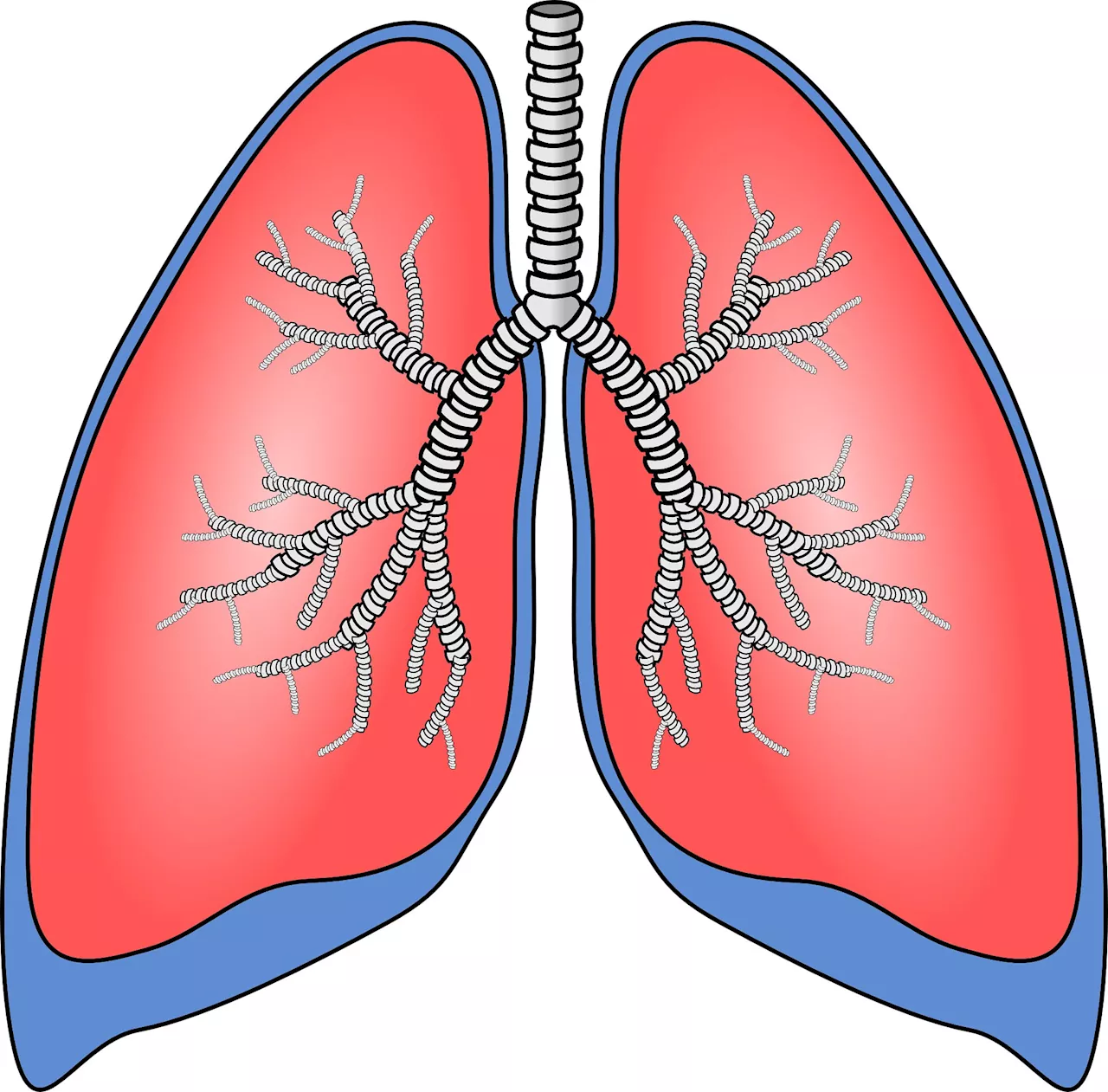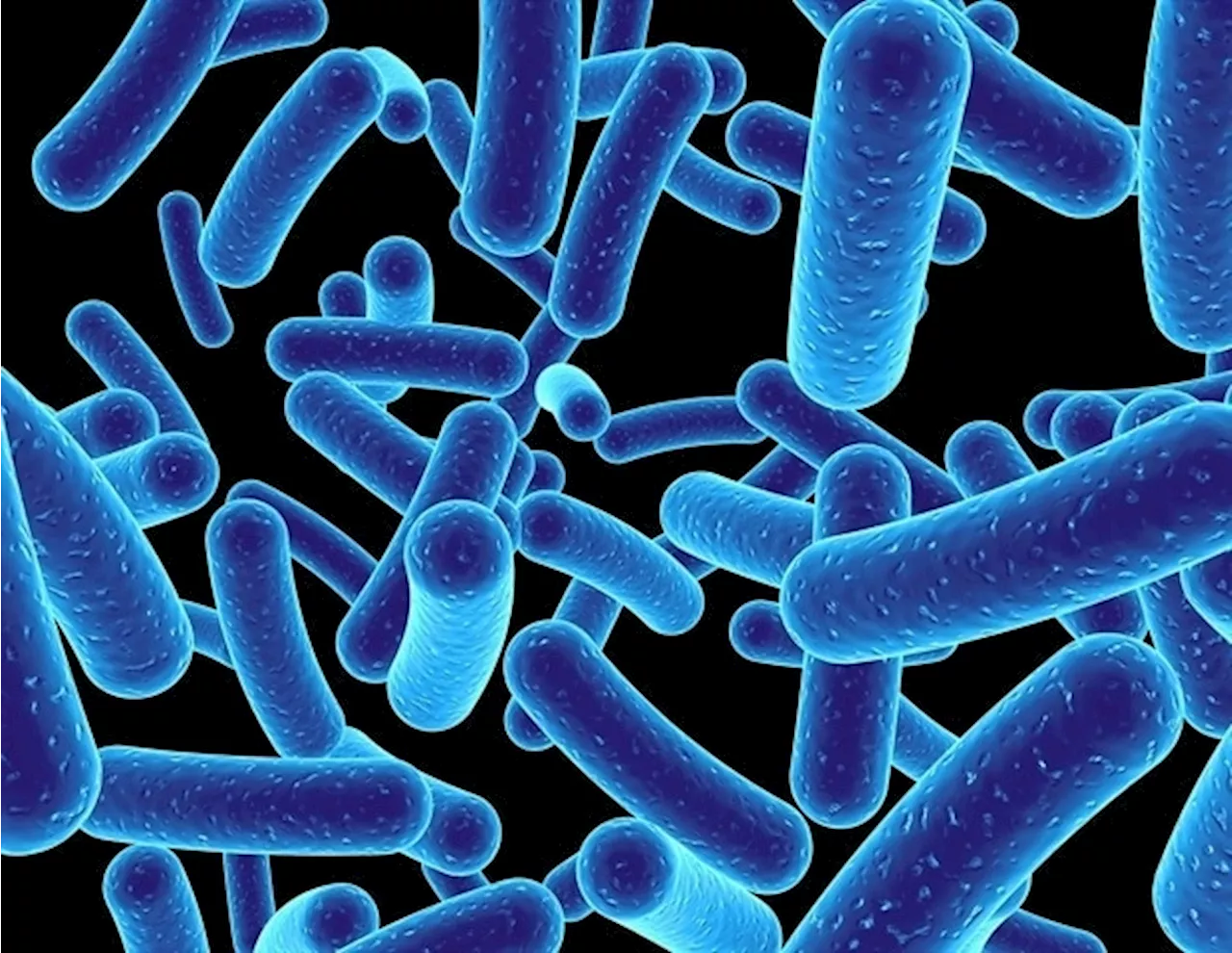A microscopic discovery will not only enable scientists to understand the microbial world around us but could also provide a new way to control CRISPR-Cas biotechnologies.
An international team of researchers led by Professor Peter Fineran from the University of Otago and Dr Rafael Pinilla-Redondo from the University of Copenhagen has published a study in the prestigious journal Nature revealing new way viruses suppress the CRISPR-Cas immune systems of bacteria.
"The interesting thing is that phages have evolved different ways to overcome these defence systems – it's like an evolutionary arms race. Bacteria have CRISPR-Cas so the phages have developed anti-CRISPRs, which enables them to block the immune complexes of the bacteria. "Phages have components of bacterial CRISPR-Cas systems in their own genomes. They use these as molecular mimics for their own benefit to silence the immune system of bacteria and allow phage replication," he says.
"To harness the potential of CRISPR-Cas technologies, it is important to be able to control it, turn it on and off, and tune it, improving its accuracy and therapeutic benefit. Related Stories"Being able to create a bespoke anti-CRISPR will be a powerful option to have in the toolbox." Professor Fineran says.
"The discovery is exciting for the scientific community because it provides a greater understanding of how CRISPR-Cas defences can be stopped," he says. "What we've discovered is a whole new way that phages can stop CRISPR-Cas systems," Dr Mayo-Muñoz says. The group also found that when the phage loads RNA repeats onto the CRISPR-Cas proteins, not all of the right proteins load, forming a non-functional complex.
Deutschland Neuesten Nachrichten, Deutschland Schlagzeilen
Similar News:Sie können auch ähnliche Nachrichten wie diese lesen, die wir aus anderen Nachrichtenquellen gesammelt haben.
 Research discovers the morning-after pill is more effective when taken with an anti-inflammatory painkillerA collaborative research team, including members of LKS Faculty of Medicine of the University of Hong Kong (HKUMed), as well as The Family Planning Association of Hong Kong (FPAHK) and Sweden's Karolinska Institutet, recently published its findings on adding an anti-inflammatory painkiller used for arthritis pain to an oral emergency contraceptive...
Research discovers the morning-after pill is more effective when taken with an anti-inflammatory painkillerA collaborative research team, including members of LKS Faculty of Medicine of the University of Hong Kong (HKUMed), as well as The Family Planning Association of Hong Kong (FPAHK) and Sweden's Karolinska Institutet, recently published its findings on adding an anti-inflammatory painkiller used for arthritis pain to an oral emergency contraceptive...
Weiterlesen »
 Humber's 'critical role' in decarbonisation could support thousands of jobs, Drax-commissioned research suggestsThe Humber has a “critical role” in reaching the nation’s decarbonisation targets – with investment in carbon capture projects having the potential to support tens of thousands of jobs in the region, Drax-commissioned research has said.
Humber's 'critical role' in decarbonisation could support thousands of jobs, Drax-commissioned research suggestsThe Humber has a “critical role” in reaching the nation’s decarbonisation targets – with investment in carbon capture projects having the potential to support tens of thousands of jobs in the region, Drax-commissioned research has said.
Weiterlesen »
 New research suggests why males and females respond differently to social stressWomen are nearly twice as likely as men to be diagnosed with an anxiety disorder, but among boys and girls the likelihood is the same. New University of California, Davis, research has identified changes in the brain during puberty that may account for differences in how women and men respond to stress.
New research suggests why males and females respond differently to social stressWomen are nearly twice as likely as men to be diagnosed with an anxiety disorder, but among boys and girls the likelihood is the same. New University of California, Davis, research has identified changes in the brain during puberty that may account for differences in how women and men respond to stress.
Weiterlesen »
 Experimental drugs could help lung cancer treatment research enter a new eraMore people with non-small cell lung cancer (NSCLC) are likely to benefit from new drugs that target molecular alterations in tumor cells, with less need for chemotherapy, following results of multiple clinical trials reported for the first time in late-breaking presentations at the ESMO Congress 2023.
Experimental drugs could help lung cancer treatment research enter a new eraMore people with non-small cell lung cancer (NSCLC) are likely to benefit from new drugs that target molecular alterations in tumor cells, with less need for chemotherapy, following results of multiple clinical trials reported for the first time in late-breaking presentations at the ESMO Congress 2023.
Weiterlesen »
 Advances in gynecological cancer research could change the treatment landscapeResults from highly anticipated phase 3 clinical trials in gynecological cancers with, among others, new data that cover the entire spectrum of managing patients with cervical cancer, will be presented at the ESMO Congress 2023 in Madrid, Spain.
Advances in gynecological cancer research could change the treatment landscapeResults from highly anticipated phase 3 clinical trials in gynecological cancers with, among others, new data that cover the entire spectrum of managing patients with cervical cancer, will be presented at the ESMO Congress 2023 in Madrid, Spain.
Weiterlesen »
 Research identifies four eating behavior patterns in childrenChildren fall broadly into four eating categories, according to new research at Aston University, and parents feed their children differently depending on those categories.
Research identifies four eating behavior patterns in childrenChildren fall broadly into four eating categories, according to new research at Aston University, and parents feed their children differently depending on those categories.
Weiterlesen »
